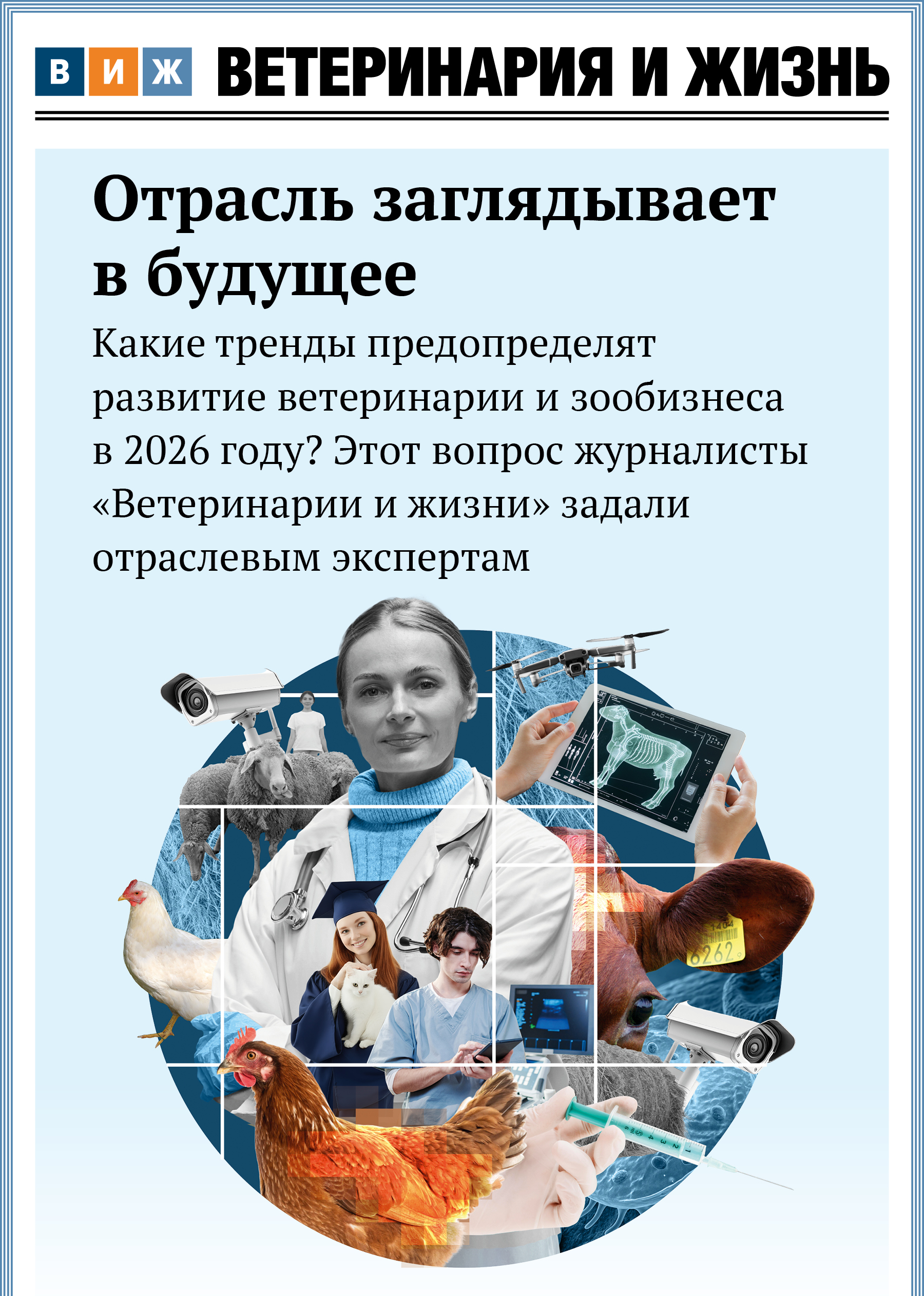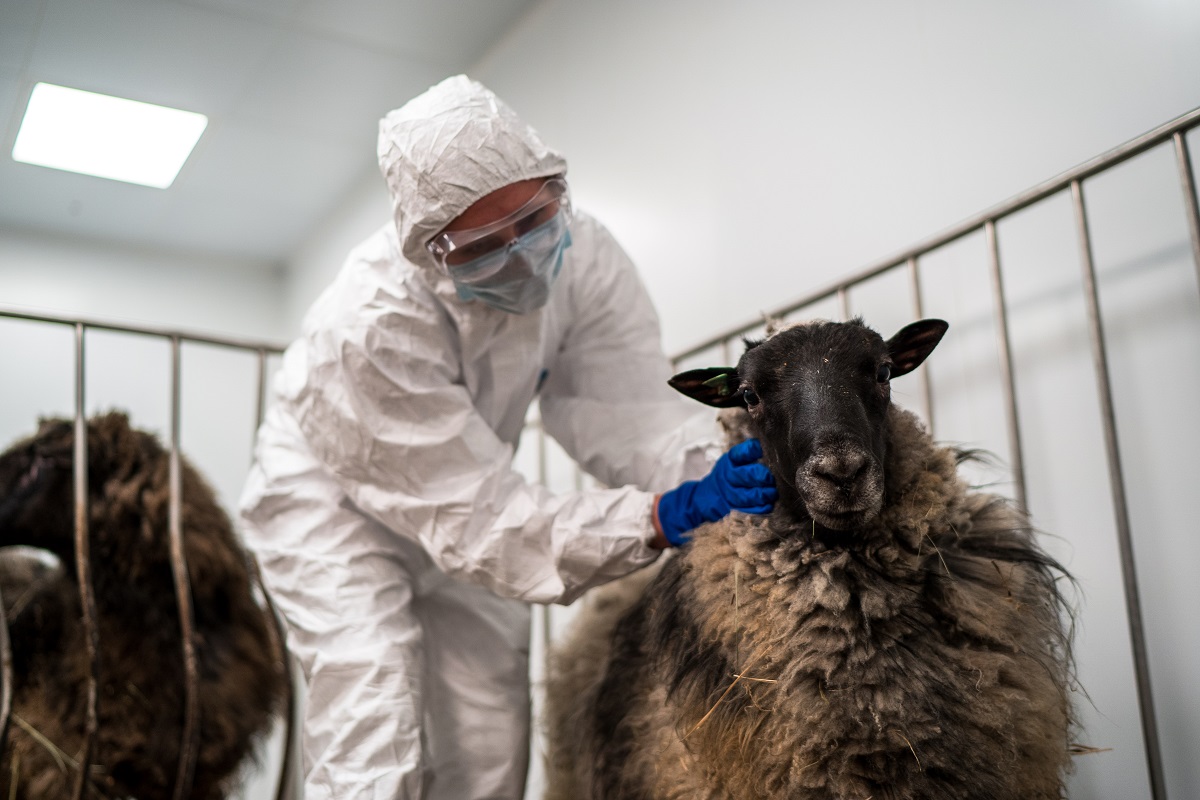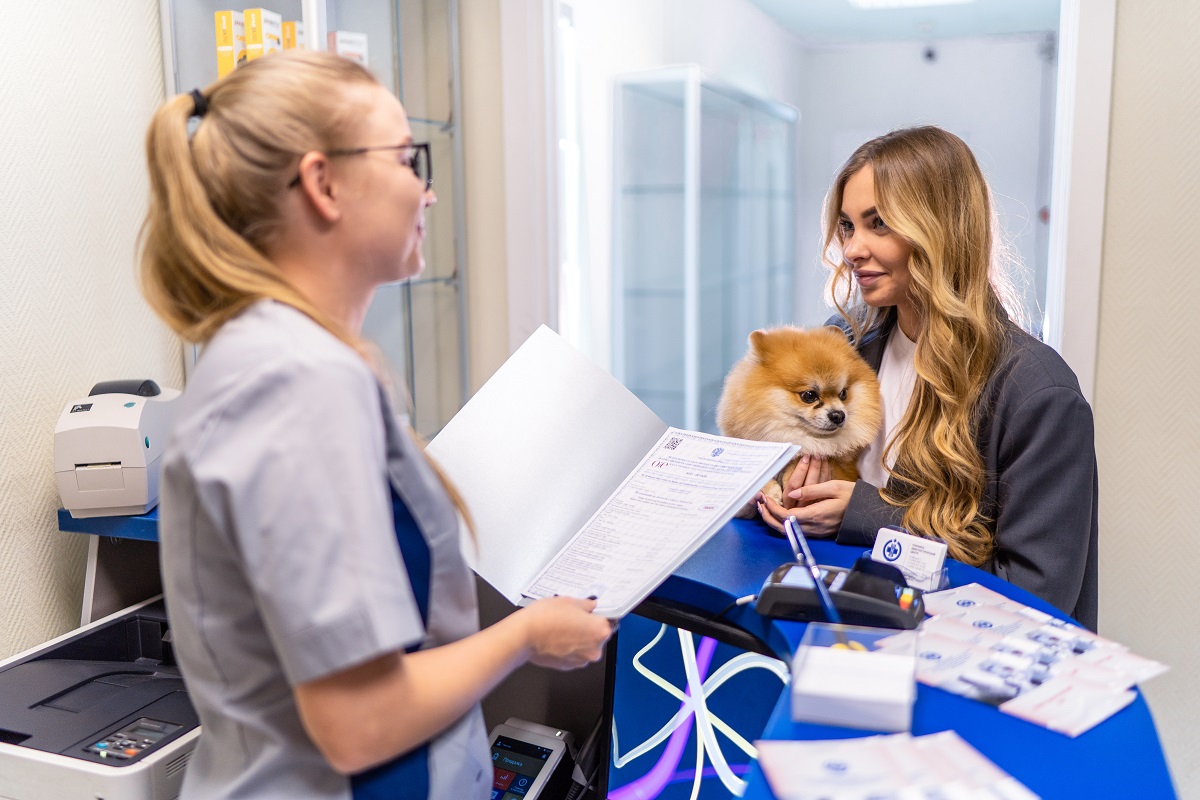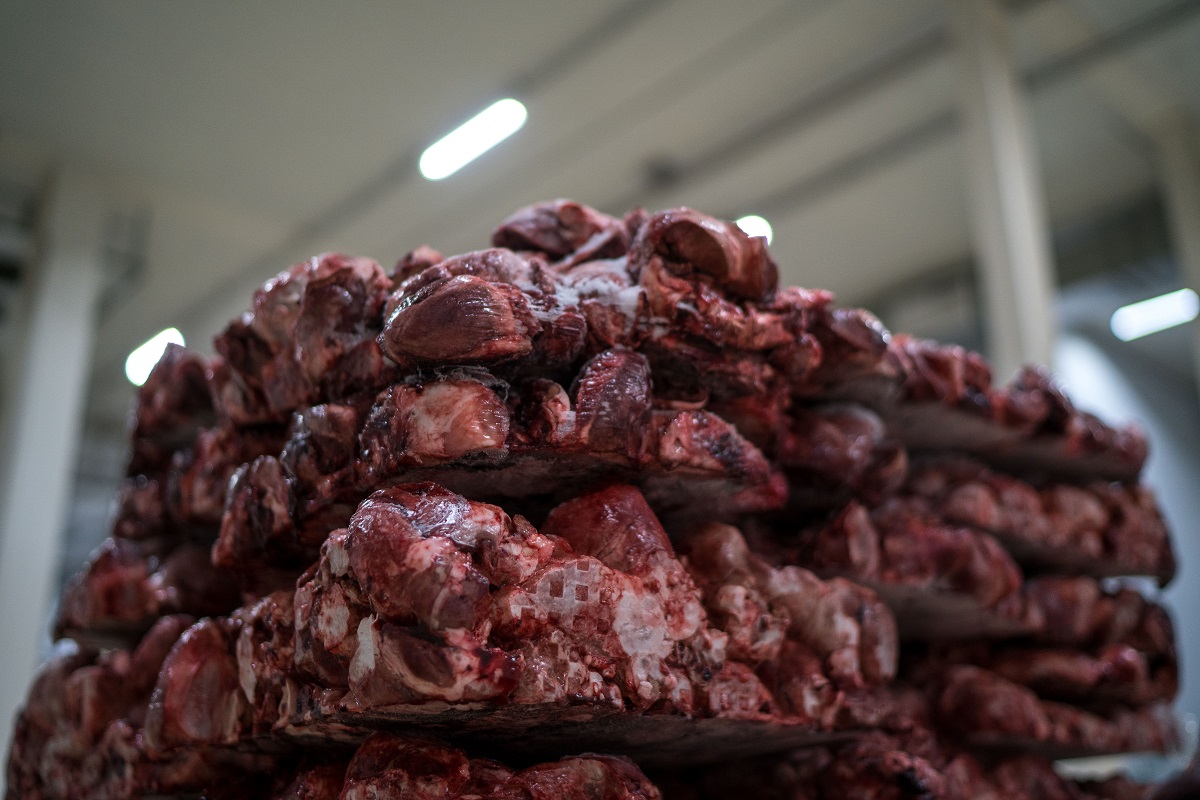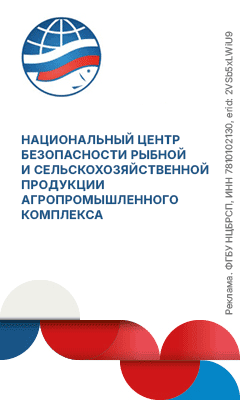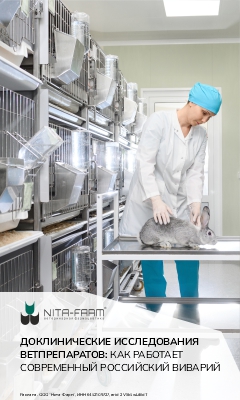“The government has approved a new action plan to improve veterinary safety. The document contains a set of administrative, anti-epizootic measures, that in the event of strict implementation, will prevent the occurrence and contain the spread of dreadful animal diseases,” Victoria Abramchenko was quoted as saying in a publication on the Cabinet of Ministers website.
She noted that African swine fever (ASF) cases registered in Russia in 2022 were reduced almost by half as compared to the previous year. According to the Rosselkhoznadzor, 143 ASF outbreaks were reported in Russia in 2022, and 268 cases were discovered in 2021.
Abramchenko also observed the persistent high-risk status of the Asian and Caucasus countries bordering Russia for African swine fever, highly pathogenic avian influenza (HPAI), and foot-and-mouth disease (FMD). “There still remains a risk of transmission and spread of these diseases across the Russian Federation,” the Deputy Prime Minister said.
ASF, HPAI, FMD, and other animal diseases are mentioned as the major threats to the effective development of animal husbandry and the sustainability of veterinary safety. Victoria Abramchenko instructed the Ministry of Agriculture and Rosselkhoznadzor to control the implementation of the new veterinary safety plan in the regions.


